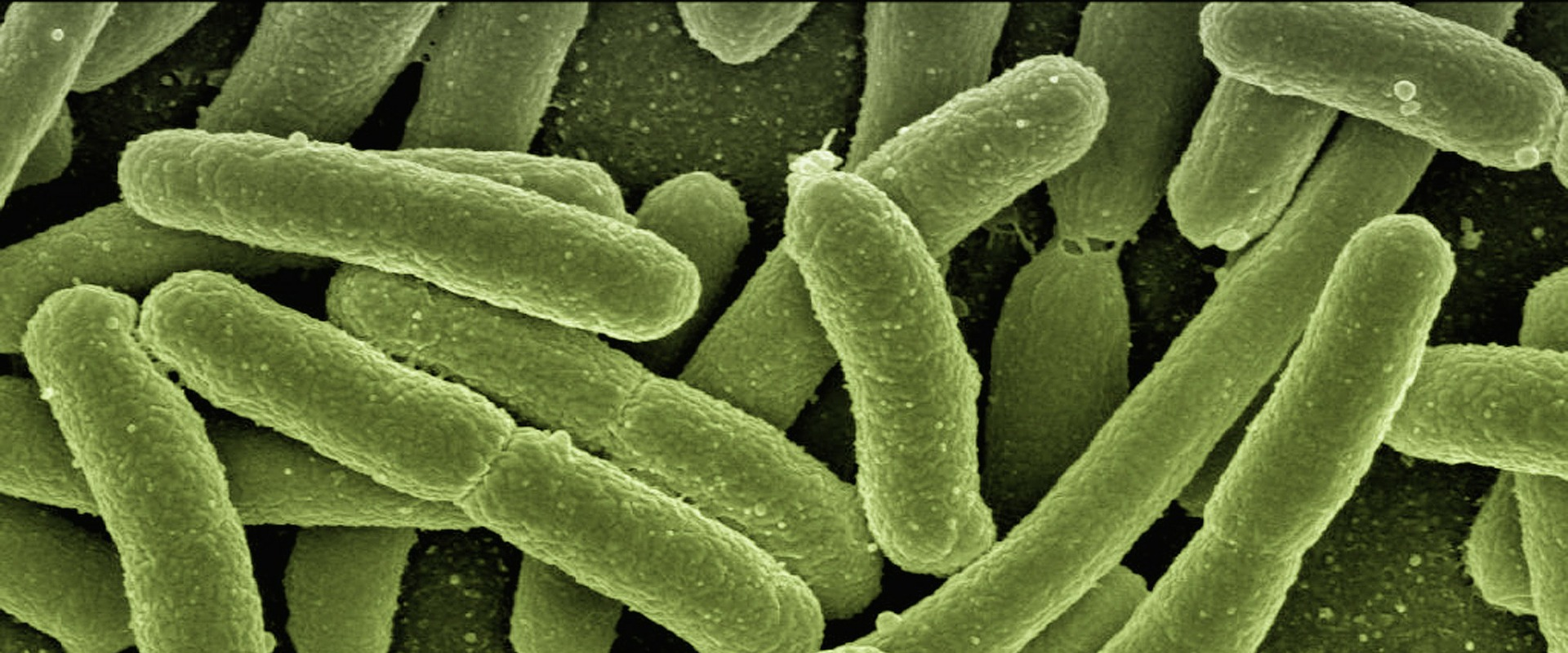
Effects of the Microbiome on Immune Responses in Humanized Mice
Prof. George M. Weinstock
Professor, Evnin Family Chair and Director of Microbial Genomics, Jackson Laboratory
Anthony T. Vella, Ph.D.
Department of Immunology, School of Medicine, UConn Health
Atan Gross, Ph.D.
Department of Biological Regulation, Weizmann Institute for Science, Rehovot
Kevan C. Herold, M.D.
Professor of Immunobiology and Internal Medicine, Yale School of Medicine
Project: The human immune system is modulated by the microbiome. Several lines of investigation have described relationships between increases in common diseases such as allergies, autoimmune illnesses, and even obesity and type 2 diabetes to changes in the microbiome. These have increased in frequency in Western countries. Moreover, microbiome-related infections have become increasingly common, such as colitis from Clostridium difficile. In addition to serving as accelerators in the pathogenesis of these afflictions, the microbiome also can modify responses to biologics that are commonly used to treat patients. For example, recent studies have shown that in patients with cancer, responses to two commonly used immune therapeutics, anti-CTLA-4 monoclonal antibody (mAb) and anti-PD-L1 mAb are associated with the presence or absence of certain Bacteroides and Bifidobacterium species (Vetizou et al Science 2015, Sivan et al, Science 2015), and possibly mediated via surface polysaccharides of the bacteria.